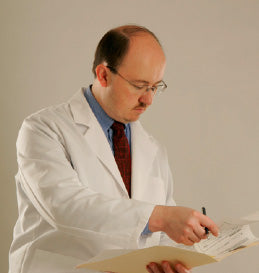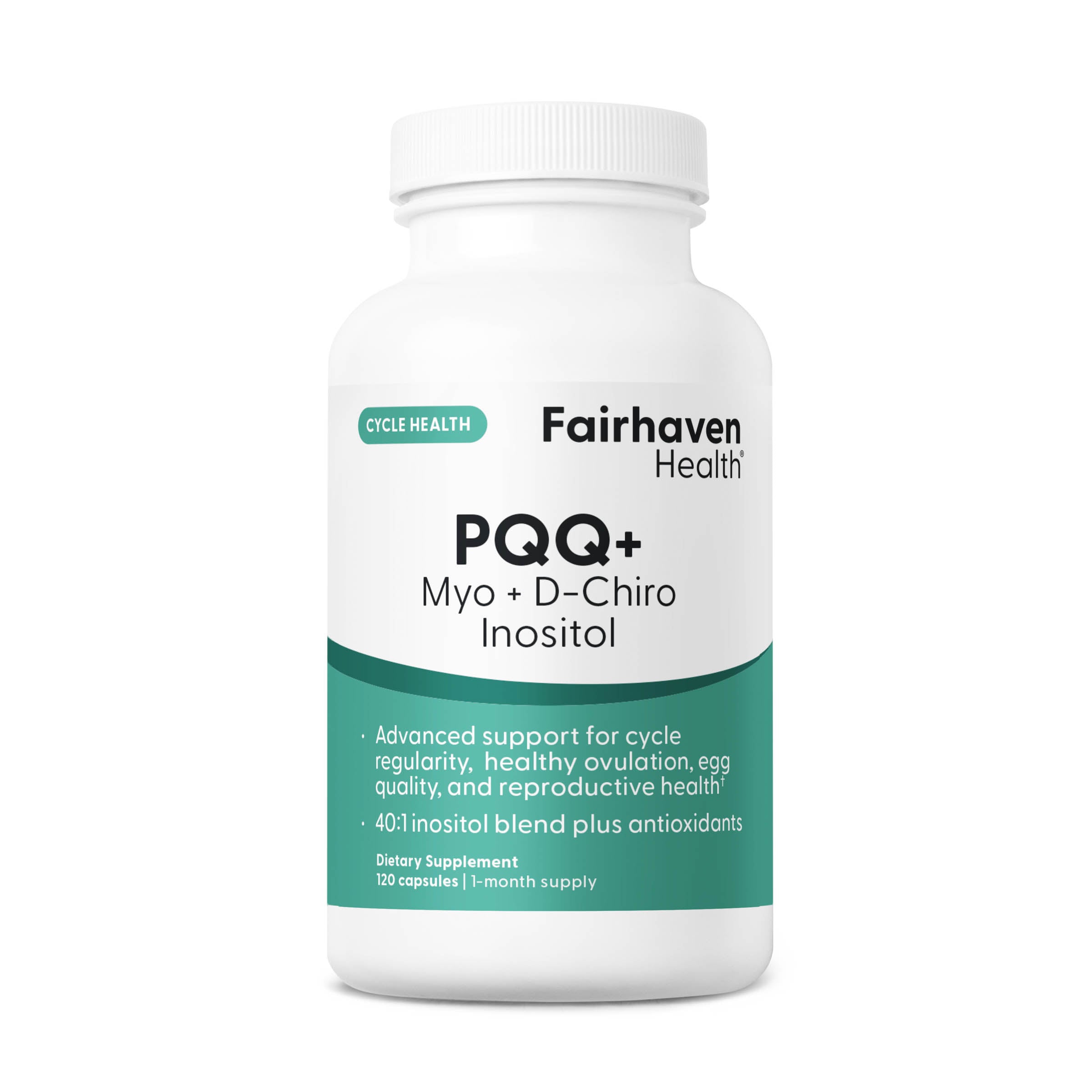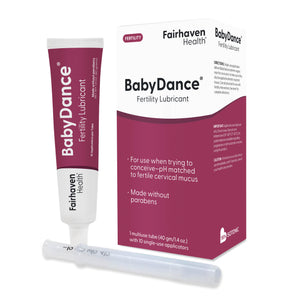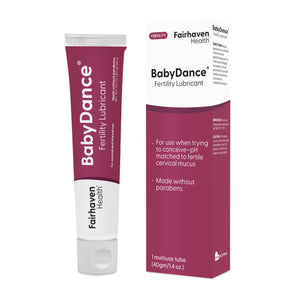By Chris D. Meletis, N.D.
In 45% of couples, male infertility is the reason for not being able to get pregnant. Many studies have found that antioxidant supplements can boost sperm health in men who are infertile. Now, a new study digs deeper and sheds light on exactly why antioxidants may improve sperm health and act as natural fertility supplements.
Proteomics 101 and Pregnancy
Scientists used proteomics to find out whether antioxidants could protect sperm on a molecular level. Proteomics is the study of proteins. In sperm, different proteins are in charge of both normal or abnormal sperm functions. For example, proteins regulate whether a sperm is normal or malformed, whether a man has a low or high sperm count, and whether a sperm is highly fertile or infertile.1
The collection of proteins found in sperm is known as the proteome. This contains everything sperm need to stay healthy and work like they should. Proteins in sperm are also important for the development of an embryo in the mother’s womb.1 For these reasons, upregulating the proteins beneficial to sperm health may improve your chances of getting pregnant and having a healthy pregnancy.
Connecting the Dots Between Proteomics, Antioxidants, and Sperm Health
One way to upregulate good proteins in sperm is through supplementing with antioxidants, which act like natural fertility boosters. In a new pilot study of infertile men, researchers at the Cleveland Clinic studied how a male fertility supplement known as FH PRO For Men affected the proteins involved in sperm health.2 Presented at the 35th Annual Meeting for the European Society of Human Reproduction and Embryology in June 2019, the six-month study included five men with idiopathic (unexplained) infertility. The men gave semen samples before and after taking the antioxidant supplement.
Proteomic measurements from before and after supplementing with the antioxidant found that FH PRO for Men upregulated proteins important for sperm health. Of 379 differentially expressed proteins (DEPs) linked to normal sperm function, increased expression occurred in 279 of those DEPS after supplementing with FH PRO for Men.
FH PRO for Men contains antioxidants such as L-carnitine L-tartrate, L-arginine, CoQ10, N-acetyl L-cysteine, grape seed extract, and lycopene. It also contains broad-spectrum fertility vitamins such as a better absorbed form of folate known as 5-MTHF, as well as vitamins A, C, E, D, iodine, zinc, selenium, and benfotiamine.
The researchers of the study concluded, “Our proteomic findings suggest antioxidant supplementation of ‘FH PRO for Men’ in idiopathic infertile men has a beneficial effect on sperm function proteins associated with fertility at a molecular level.”
Dr. Chris Meletis
 Dr. Chris Meletis is an educator, international author and lecturer. His personal mission is “Changing World’s Health One Person at a Time.” Dr Meletis has authored 18 books and over 200 national scientific articles in journals including Natural Health, Alternative and Complementary Therapies, Townsend Letter for Doctors and Patients, Life Extension, Natural Pharmacy, and PubMed.gov articles.
Dr. Chris Meletis is an educator, international author and lecturer. His personal mission is “Changing World’s Health One Person at a Time.” Dr Meletis has authored 18 books and over 200 national scientific articles in journals including Natural Health, Alternative and Complementary Therapies, Townsend Letter for Doctors and Patients, Life Extension, Natural Pharmacy, and PubMed.gov articles.
Dr. Meletis served as Dean of Naturopathic Medicine and Chief Medical Officer for 7 years for the National College of Naturopathic Medicine (now the National University of Natural Medicine). He was awarded the 2003 Physician of the Year by the American Association of Naturopathic Physician of the Year by the American Association of Naturopathic Physicians. He has a deep passion for helping the underprivileged and spearheaded the creation of 16 free natural medicine healthcare clinics in the Portland metropolitan area of Oregon.
References:
- Rahman MS, Lee JS, Kwon WS, Pang MG. Sperm proteomics: road to male fertility and contraception. Int J Endocrinol. 2013;2013:360986.
- Agarwal A, Panner Selvam MK, Sharma R. Effect of antioxidant supplementation on the sperm proteome in idiopathic infertile men. Presented at the 35th Annual Meeting for the European Society of Human Reproduction and Embryology, June 23 – 26, 2019, Vienna, Austria.







